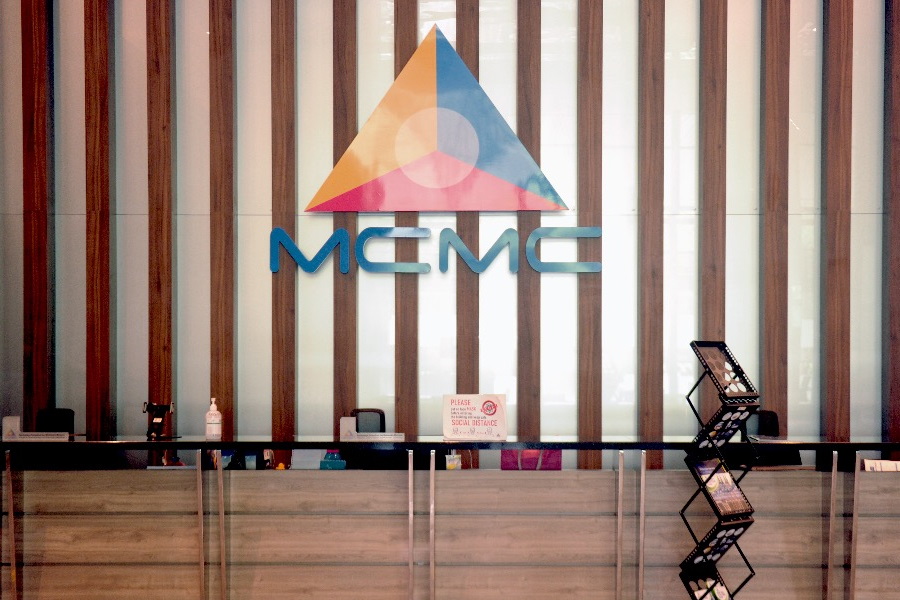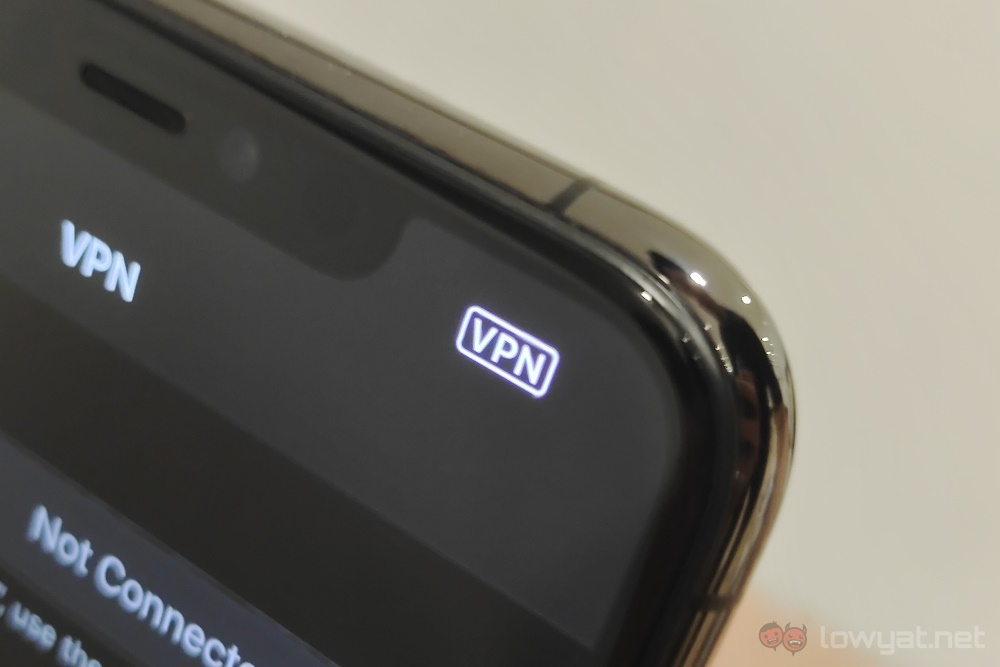In light of the DNS redirection order issued by The Malaysian Communications and Multimedia Commission (MCMC) to all local ISPs, the government body has one thing clear: it will not block any Virtual Private Network (VPN) services.
People within MCMC explained to us that doing so wouldn’t be reasonable, as that is not their aim in ordering ISPs to redirect public DNS’ like Google’s 8.8.8.8 and 8.8.4.4, or Cloudflare’s 1.1.1.1 and 1.0.0.1, to their list of DNS servers. For the record, we had asked the regulatory body if it was able to provide us with a list of its DNS servers that sites would get redirected to, explaining that we would like to verify them ourselves. Our reason was simple: to ascertain if some of these servers were legitimate or if they were at risk of being hijacked. The body neither confirmed nor denied our request.
If you’re wondering about the difference between a DNS and VPN, here is a quick primer. A DNS basically transform website names into IP addresses that your PC can then use to locate other sites on the internet. A VPN replaces your IP address and is designed to deter snoopers, governments, and ISPs from monitoring your online activity. Some DNS providers may use encryption to prevent threat actors from intercepting your DNS queries – Opera has its own built-in VPN and is free. However, these do not necessarily encrypt all of your traffic.
Sadly, news of the DNS redirection has not sat well with the general public, with many accusing MCMC and the government of trying to increase its level of censorship and, in the defense of the people, their fear isn’t unfounded. While it also doesn’t help that the regulatory body never publicly announced its DNS redirection mandate, it has said that its intention is the same as always: to protect its people from accessing illicit and dangerous sites, including online gambling dens, pornographic sites, and investment scams, among others.
And while MCMC says that it would not block VPNs, and assuming it stays the course with its current objective, this could lead many companies and folks to be forced to adopt a VPN. The problem with this scenario though, is that not all VPNs are free, and most of them require users to pay an annual fee for the privilege.
Follow us on Instagram, Facebook, Twitter or Telegram for more updates and breaking news.




